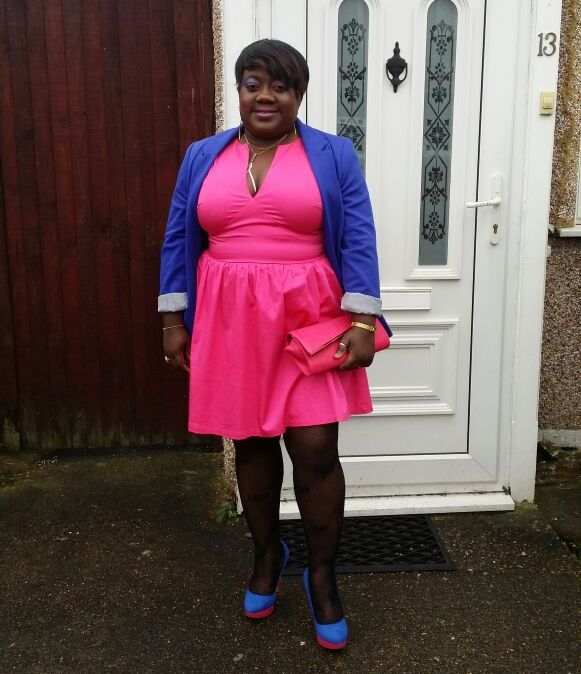A Kingston hospital nurse with sickle cell disease is speaking out about the stigma attached to the condition.
Amanda Joseph, 35, was born in Trinidad and Tobago where her parents were told she carried the trait.
At 23, a year into her marriage and while studying to be a nurse, she became ill more frequently until she was officially diagnosed with type HbSC of the hereditary disorder in 2003.
In patients with sickle cell disease, defective haemoglobin distorts red blood cells into a rigid sickle shape.
The cells have a lower lifespan, do not transport oxygen effectively and get stuck in blood vessels,causing anaemia, restricting blood flow and damaging major organs.
 STIGMA: Amanda is determined to stamp out negative perceptions
STIGMA: Amanda is determined to stamp out negative perceptions
“The disease affects every aspect of your body and your life,” Amanda revealed.
“I’ll be well one day and another I’ll be sick as a dog. I can’t even get up. I can’t even shower.”
Sickle cell patients experience episodes of severe pain, so-called sickle cell crises, which last five to seven days on average.
“The symptoms are horrible,” Amanda said.
She revealed that she tries to prevent her seven-year-old daughter and eight-year-old son from seeing her when she is ill.
Despite being one of the most common serious genetic conditions in England, there still appears to be a lot of stereotypes attached to it.
Amanda said: “In our society, there’s that negative picture of people with sickle cell, that of being obnoxious and rude and screaming and in pain, but it’s not like that at all.
“Every patient behaves differently when they’re in pain.”
Her views were echoed by Iyamide Thomas, regional care advisor of the UK’s Sickle Cell Society.
“People get embarrassed to say that they’re carriers or that their children have sickle cell,” she said.
“There’s so much stigma surrounding it, it’s unbelievable – we need to get away from that.”
She said that some carriers may feel ashamed and responsible for their child’s illness because they passed on the trait.

POSITIVE: Medical advances mean that people live a ‘near to normal’ life
The perception that sickle cell disease is predominantly a black condition may also affect some.
“I often try to tell people that there’s nothing to be ashamed of,” Iyamide said.
“The mutation was nature’s way of protecting against malaria – there are other genes that mutate too.”
The NHS Sickle Cell and Thalaessamia Screening Programme, which provides sickle cell screening and has an entire section of its website dedicated to debunking myths and stereotypes surrounding the condition.
While sickle cell disease is most common in the UK among people of African and Caribbean descent, white European people can also inherit the mutated gene.
The Sickle Cell Society urges people to get screened and seek counselling if they are affected by the disease and are planning to conceive.
When both parents carry the sickle cell trait, there is a 50% chance that the baby will be a carrier, and a 25% chance of the baby having the disease.
Treatment for sickle cell disease includes daily doses of antibiotics to prevent infections, lifestyle management such as keeping hydrated and warm, blood transfusions, and in some cases, bone marrow transplants.
Amanda said: “The positive thing about the disease is that 15 or 20 years ago our lifespan would have been 30 years but now we have patients living more than 40 years with the disease on minimal therapy, living a near to normal life.
“But then again, even without the disease, what is a normal life anyway?”




